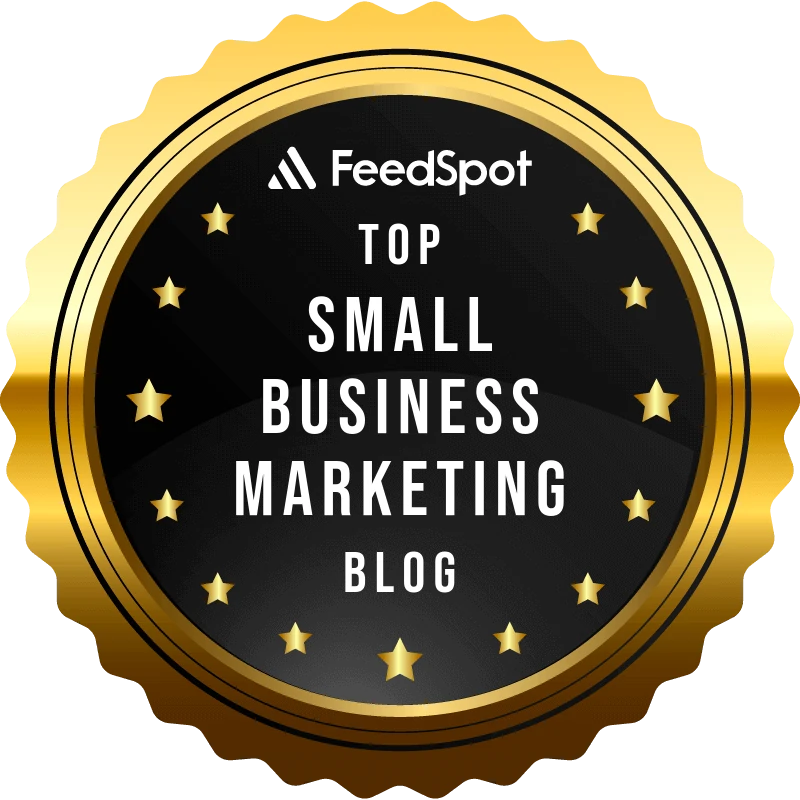11 Tips For Staying CASL (Canadian Anti Spam Legislation) Compliant – Small Businesses
With the Canadian Anti Spam Legislation just days away from becoming the law, here are 12 tips to help you get opt ins and to remain email compliant. If in any doubt or you have any questions, consult a lawyer.
1. Sort your lists – if you already have an opt in process then those contacts on the list that have opted in (either on your website or through filling out a form) don’t need to re opt in. Remember to keep track of them. The rest do, so get ready to send out a communication to those you have implied consent from to get them to give you express consent.
2. There are several exemptions rules such as family members who don’t not need to opt in. Read this post. If your business is as a political party or charity then you are exempt from the rules too.
3. Make sure that your opt in email and all further communications include:
-
- clear unsubscribe links so that people can remove themselves from the list easily and at any time
- your name, company name and address
- an outline of why they are receiving your communication
4. After you have send out your opt-in email, you have to remove the people from your list that don’t opt in so make sure you have accounted for this in your email process and that you are easily able to track. Most newsletter tools like MailChimp facilitate this although there are varying degrees of easiness in doing so. Delete those that don’t opt in so that you never, ever contact them again.
5. Put in place processes to help you track future subscribers both online and off. This should include having a double opt in when people subscribe via your website (this is not mandatory but more of a safety net just in case). In person you should create a template that states clearly what people are signing up for then have them fill out their contact info to be added.
6. You can’t collect email addresses at trade shows any more and simply add them to your newsletter and you shouldn’t anyway because it’s rather a slimy tactic. Instead have people fill out a form that states clearly that they are subscribing. There are also apps like Chimpedeedo that facilitate this. We haven’t use these so if you have please share your take.
 7. If you have a subscription opt widget in on your website make sure it is worded right so that peope know exactly what they are subscribing to. Remember the double opt in for this too.
7. If you have a subscription opt widget in on your website make sure it is worded right so that peope know exactly what they are subscribing to. Remember the double opt in for this too.
8. Each newsletter or communication you send should state clearly why you are sending and have an easy to unsuscribe link preferably right at the top. Again most newsletter providers make this easy for you to do.
9. Get consent from people in real life – you can’t just add someone to your list because you met them at a networking event. Verbal consent is okay but it is hard to prove so a good idea might be to get new contacts to write newsletter subscribe on the back of their cards. Make sure and keep them in a file though just in case.
10. Never harvest or buy email email addresses. EVER. This is cheap and tacky and says exactly that about your brand. Who wants to do business with someone or some company they can’t trust from the get go?
11. Add value rather than overtly selling. No one likes to be inundated with emails that have the sole purpose of selling your products or services in a cheap and nasty way so instead why not find creative ways to add value for your recipients and tell them something valuable that they don’t already know. Get creative.
Related posts:
Read more articles:


